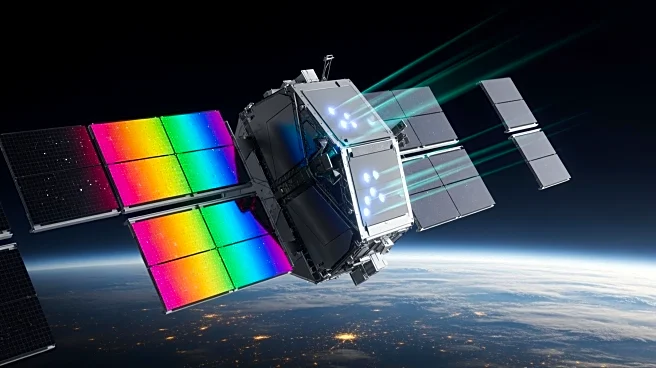What's Happening?
The U.S. government has revoked the visa of Palestinian Authority President Mahmoud Abbas, preventing him from attending the upcoming United Nations General Assembly session. The decision, made by U.S. Secretary of State Marco Rubio, affects Abbas and 80 other officials, citing national security interests. The move has drawn criticism from the European Union and other international bodies, who have urged the Trump administration to reconsider. Abbas has been a regular participant in the General Assembly, advocating for Palestinian statehood.
Why It's Important?
The revocation of Mahmoud Abbas's visa could escalate tensions between the U.S. and Palestinian authorities, impacting diplomatic relations and peace efforts in the region. The decision may hinder discussions on Palestinian statehood at the U.N., affecting international support for a two-state solution. The move could also strain U.S. relations with European allies and other countries advocating for Palestinian rights. The situation underscores the complex geopolitical dynamics surrounding the Israeli-Palestinian conflict and the role of international diplomacy.
What's Next?
The Palestinian Authority is actively seeking international support to pressure the U.S. to reverse its decision. European leaders and other stakeholders are expected to continue diplomatic efforts to facilitate Abbas's participation in the U.N. meetings. The situation may lead to further diplomatic discussions and negotiations, potentially influencing future U.S. policies regarding Palestinian statehood and international relations.










